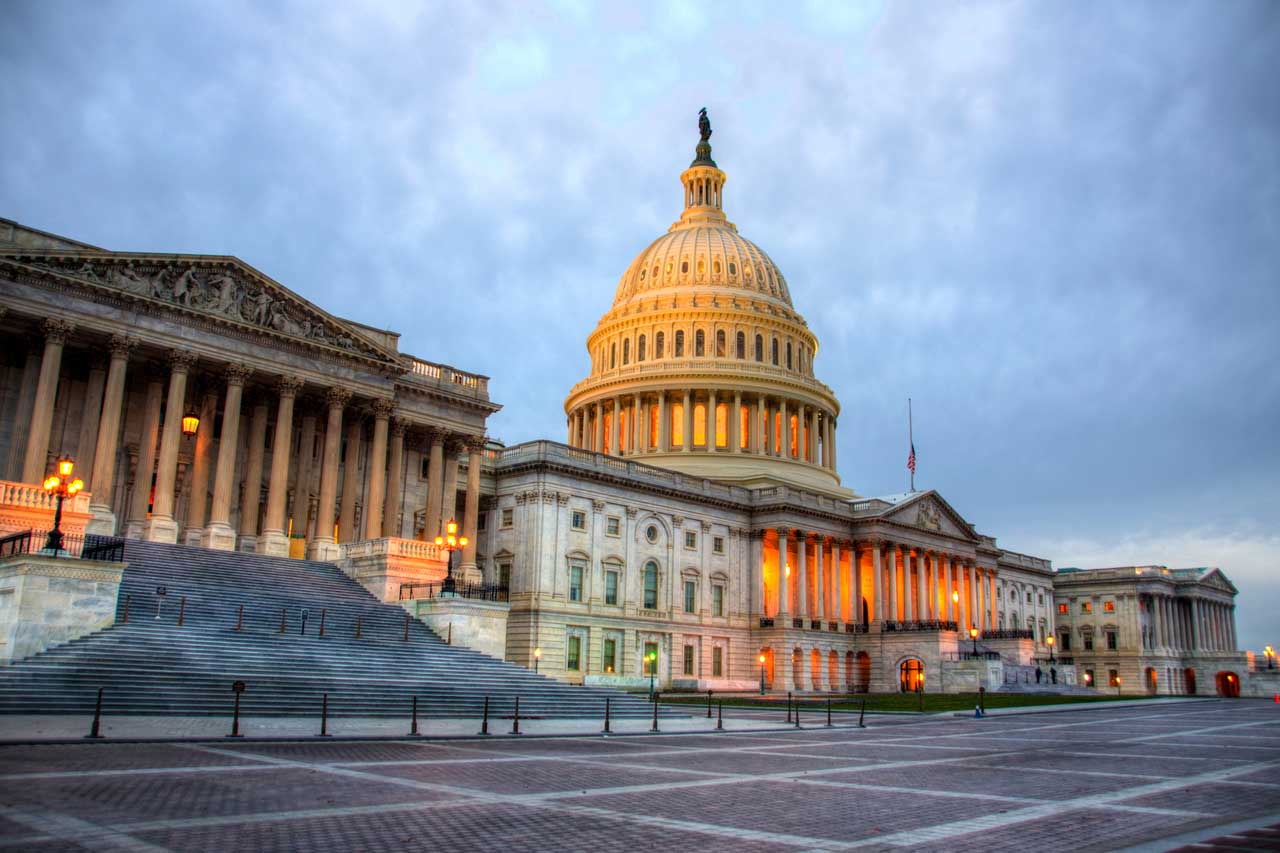
The federal government and states that have issued “stay-at-home” orders have decided recycling businesses are “essential.” | youkatan/Shutterstock
In the states that have issued stay-at-home orders, companies engaged in recycling processing or plastic product manufacturing are not subject to forced shutdowns.
As states over the past week prepared to enact strict stay-at-home orders to help stem the spread of the novel coronavirus, the “essential” designation became a key talking point across many business sectors.
The Institute of Scrap Recycling Industries (ISRI) on March 18 penned a letter to Vice President Mike Pence, urging the federal government to consider the industry “essential.” Similar efforts came from the National Waste & Recycling Association (NWRA), Solid Waste Association of North America (SWANA) and others.
On March 19, the Cybersecurity & Infrastructure Security Agency (CISA), which is part of the Department of Homeland Security, published a list of essential infrastructure sectors, a designation that includes those providing “support to ensure the effective removal, storage, and disposal of residential and commercial solid waste and hazardous waste,” as well as “truck drivers who haul hazardous and waste materials to support critical infrastructure, capabilities, functions, and services.”
Meanwhile, numerous have enacted stay-at-home orders over the past week. Although structured differently, all so far allow for the continued operation of recycling services.
- California included language from the federal guidance indicating the recycling sector is considered essential and will remain operational.
- Connecticut specifically describes “trash and recycling collection, hauling, and processing” as “essential services.”
- Delaware included waste collection, treatment and disposal as operations that can remain open.
- Hawaii generally followed the federal guidelines and included “waste pickup and disposal” as an essential service.
- In Illinois, the order includes “solid waste and recycling collection and removal” as an essential infrastructure service. Manufacturers whose products support the collection and disposal industry were also deemed “essential businesses.”
- Indiana followed the federal guidance.
- Louisiana followed the federal guidance.
-
Maine followed the federal guidance.
-
Maryland followed the federal guidance.
- Massachusetts followed the federal guidance.
- Michigan followed the federal guidance.
-
Nevada specified that “recycling services” as well as “solid waste collection and removal” are essential infrastructure operations.
- New Mexico included “trash and recycling collection, processing and disposal” as essential services.
- In New York, a list published by the state specifically listed for-profit and nonprofit “trash and recycling collection, processing and disposal” as essential services.
- Ohio lists “solid waste and recycling collection and removal” as essential infrastructure.
- Oregon does not specifically mention waste management and recycling, but the executive order does not prohibit those industries from operating.
- Pennsylvania ordered “non-life-sustaining” businesses to cease physical operations for the time being. The state published a list designating which business can remain open. Waste collection, treatment, disposal, remediation and “other waste management services” were allowed to continue operating.
-
Vermont noted “trash collection and disposal, recycling” as essential operations.
- Washington followed the federal guidance.
- West Virginia identifies “solid waste and recycling collection and removal” as a component of essential infrastructure.
-
Wisconsin included “solid waste and recycling collection and removal” in its essential businesses list.
Processing and manufacturing
The federal guidance from CISA identifies “critical manufacturing” to include producers of materials and products needed for “supply chains associated with transportation, energy, communications, food and agriculture, chemical manufacturing” and other sectors.
More specific to packaging, the federal definition denotes as “essential” manufacturers of “single-use plastics, and packaging that prevents the contamination or supports the continued manufacture of food, water, medicine, and other essential products.”
California, Indiana, Louisiana, Maine, Maryland, Michigan, Ohio and Washington used this language in their orders.
Plastic product and resin manufacturers were specifically identified as being able to continue operating in Pennsylvania and Delaware.
Connecticut, Hawaii, New Mexico, New York, Vermont, West Virginia and Wisconsin allowed manufacturing related to food and beverage processing, chemicals and a variety of goods, although their lists did not specify plastic processing or product manufacturing directly. More general manufacturing operations were allowed in Illinois, Nevada and Oregon.
Under the federal guidance, a company’s customers play into the designation heavily. For example, Revolution, a plastics recycling and film manufacturing company, falls under the “essential” category in California in part because it is supplying the foodservice industry. And now, even more than usual, restaurants in California have a demand for plastic bags because they are largely limited to takeout and delivery service.
Because of that designation, Revolution’s two California facilities remain operational, the company told Plastics Recycling Update.
A version of this story appeared in Resource Recycling on March 24.
More stories about processors
- Major plastic initiative sets sights on system change
- California will fund mixed plastics facility, other projects
- E-plastics processor expands line of recycled board